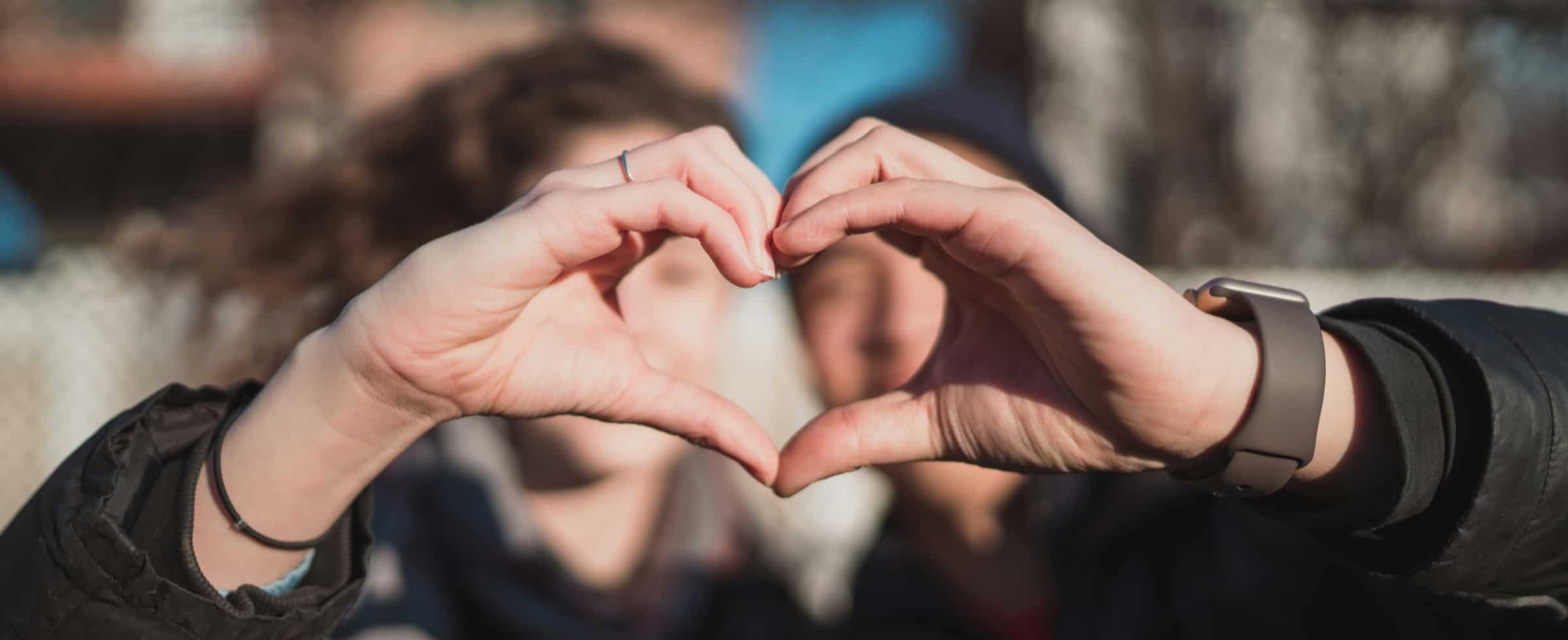
LORNA LIVINGSTON
ANXIOUS ATTACHMENT
100% confidential counselling • safe space to talk • Dulwich (SE22) & Online
Are you struggling with anxious attachment style and wondering how it affects your relationships? Understanding anxious attachment—along with its signs, triggers, and the best strategies for healing—can empower you to foster more secure connections and manage feelings of anxiety. In this article, I explain what anxious attachment is, its relation to anxious-avoidant attachment, and practical steps you can take to self-soothe and overcome the challenges it presents.
Lorna Livingston, attachment-based counsellor
What is an anxious attachment style?
Anxious attachment (also referred to as preoccupied attachment style) is a type of insecure attachment style characterised by heightened sensitivity to relationship dynamics and a strong need for reassurance and closeness.
People with an anxious attachment style will often suffer with a fear of abandonment and experience significant anxiety about their relationships. They may also have a tendency to be clingy or possessive in relationships and struggle with feelings of low self-worth and self-doubt.
This attachment style is often developed in childhood as a result of inconsistent or unreliable caregiving, leading to a deep-seated fear of rejection and a constant need for validation and attention. People with an anxious attachment style may struggle with forming and maintaining secure and healthy relationships, as their deep-seated insecurities and fears can often create difficulties in communication and trust.
Anxious avoidant attachment is the same as fearful avoidant or disorganised attachment and it is a mix of two conflicting attachment styles, displaying both avoidant and anxious behaviours.
How to self soothe and heal anxious attachment?
It is important to develop self awareness about our own attachment patterns, which helps allow us to understand why certain experiences can be difficult and / or triggering. Learning coping mechanisms to help manage our anxiety is very helpful and in turn will enable us to build more secure relationships. Some simple ways to self soothe anxious attachment include practising mindfulness and self-compassion. Certain activities can help you feel calm and grounded, such as taking a bath, listening to calming music, or going for a walk.
Healing anxious attachment involves a combination of self awareness, therapeutic interventions and the development of new relational patterns. The best way to do this is to work with an attachment therapist who can help individuals with anxious attachment explore their behavioural patterns and develop healthier relationship behaviours. This will ultimately improve the individual's emotional regulation, and help the individual move towards a more secure attachment style.
What are anxious attachment triggers?
Anxious attachment triggers are situations or behaviours within a relationship that provoke feelings of insecurity, fear and anxiety in individuals with an anxious attachment style.
Triggers are often related to fears of abandonment, rejection, and insecurity in relationships. They can be provoked by inconsistent communication, changes in routine, perceived distance or perceived feelings of uncertainty or ambiguity in the relationship. They can lead to anxious attachment behaviours such as clinginess, neediness, and constant reassurance-seeking, as individuals with an anxious attachment style may feel the need to constantly seek validation and reassurance from their partners.
Other triggers may include experiences of rejection or abandonment in previous relationships, feelings of inadequacy or low self-esteem, and fear of not being able to meet the needs of one's partner. These triggers can cause individuals with an anxious attachment style to experience intense anxiety and stress, affecting their overall well-being and the health of their relationships.
Take the First Step Towards Healing Your Relationships Today!
If would like to learn more about how an anxious attachment style might be affecting you and your daily life, consider reaching out to for one-on-one support. I can help you explore your unique attachment style and work through the fears and triggers that impact your relationships.
Ready to reach out?
Now that you know more about anxious attachment, tell me: what made you want to look up anxious attachment, and what are you hoping to get out of learning about it?





